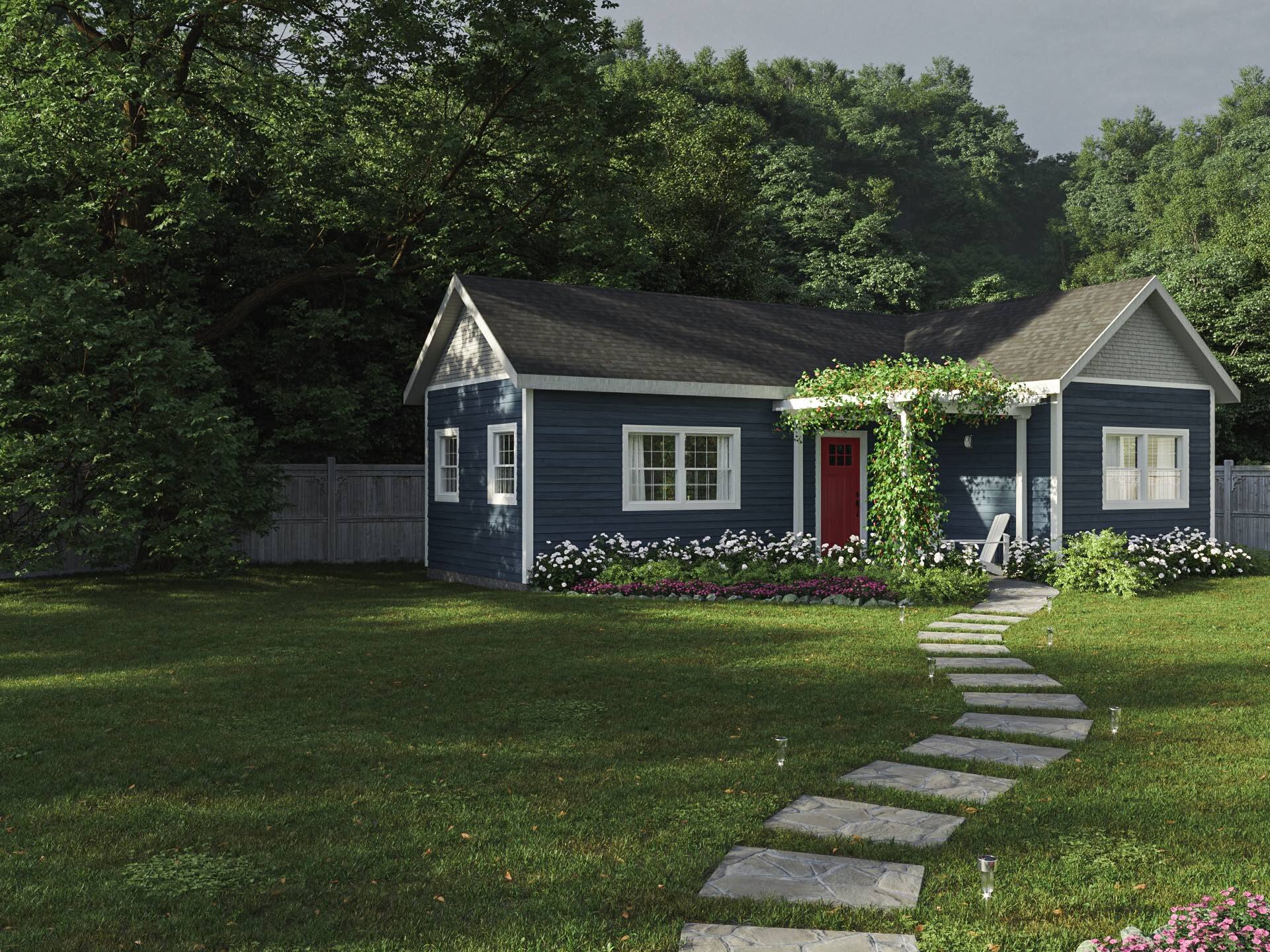
How Housing Opportunity Protects Rural Character
- December 1, 2021
- Housing
Often, new housing development is seen as detrimental to the rural character of small towns and villages. Many rural residents enjoy and are proud of their communities the way they are—and with good reason. Rural communities offer open space, natural beauty, a gentle pace of life, and tight-knit social connections. All these reasons and more make rural towns attractive places to live. Rural communities, however, will change and could lose valuable aspects of their rural character if a more balanced supply of housing isn’t created. The following list includes five reasons why additional housing options are critical for protecting the rural way of life in Southwest NH. These ideas are offered simply with the hope that they present an opportunity to reflect on housing in our region in a new way.
More housing options are critical to sustaining rural schools.
The small, village schoolhouse is an iconic part of rural life. Many school districts across the Monadnock Region, however, have seen declining enrollment over the last decade. Overall, there are about 1,800 fewer public school students in the Monadnock Region compared with a decade ago. To put that number in terms that might be a bit easier to visualize, that’s 90 classrooms filled with 20 students each that were full a decade ago and are empty today. Dwindling enrollment has caused some rural schools to close. Our region needs more housing options in order to attract families and a critical mass of students to keep our rural schools open.
More housing options are critical to ensuring older adults can continue to live in their communities as they age.
The Monadnock Region’s population is growing older. Most older adults want to remain active participants in their community as they age, but they often experience difficulty finding housing that’s right-sized, is easier to maintain, meets accessibility requirements, and is located near opportunities for social interaction. If a town’s older residents are forced to move out of town to find these housing options in more urban areas, the community as a whole can experience social fragmentation, with friends and neighbors involuntarily separated from one another.
More housing options are critical to controlling and reducing local tax rates.
A common assumption is that more housing equals more children, which leads to an increase in local property taxes. This calculus, however, is often inaccurate, given today’s smaller households, and it’s especially inaccurate in the case of multi-unit structures, which research by NH Housing has shown to attract smaller households with fewer children. Also, as noted earlier, many schools have seen student enrollment steadily shrink, suggesting that many districts have capacity within existing facilities to accommodate more students, thus avoiding major expenses associated with expansion. The takeaway here is that it is possible for residential development—especially certain types of housing located near existing infrastructure and services—to generate positive tax revenue for the community in which it’s located.
More housing options are critical to attracting and retaining essential workers.
Nurses, home health care aides, police officers, tradespeople, service industry workers, teachers, and other essential workers all need housing options at a variety of price points. If rural communities can’t recruit and retain these essential workers, the whole community suffers. Roads don’t get fixed, emergency calls take longer to answer, and medical appointments take longer to schedule.
More housing options are critical to preserving local amenities and services.
The village general store is an important landmark in many small towns. It usually serves as both a place to purchase daily goods as well as a hub for social activity. In recent years, some general stores in Southwest NH have struggled, with some closing permanently. Ensuring a balanced housing supply is critical for maintaining a customer base for local business such as village general stores. It’s also crucial for ensuring the viability of town services, such as the volunteer fire department. If there aren’t housing options available for families to become new residents, sustaining these rural town services will become increasingly difficult.
So, while conventional wisdom might hold that more housing equals less rural character, that isn’t necessarily the case and in some instances the opposite can be true. This isn’t to say that all types and patterns of residential development are created equal when considering how to best protect natural resources and neighborhood context. The points raised above, however, suggest that rural communities risk losing valuable assets and characteristics if they don’t recognize the importance of creating more housing opportunities.



